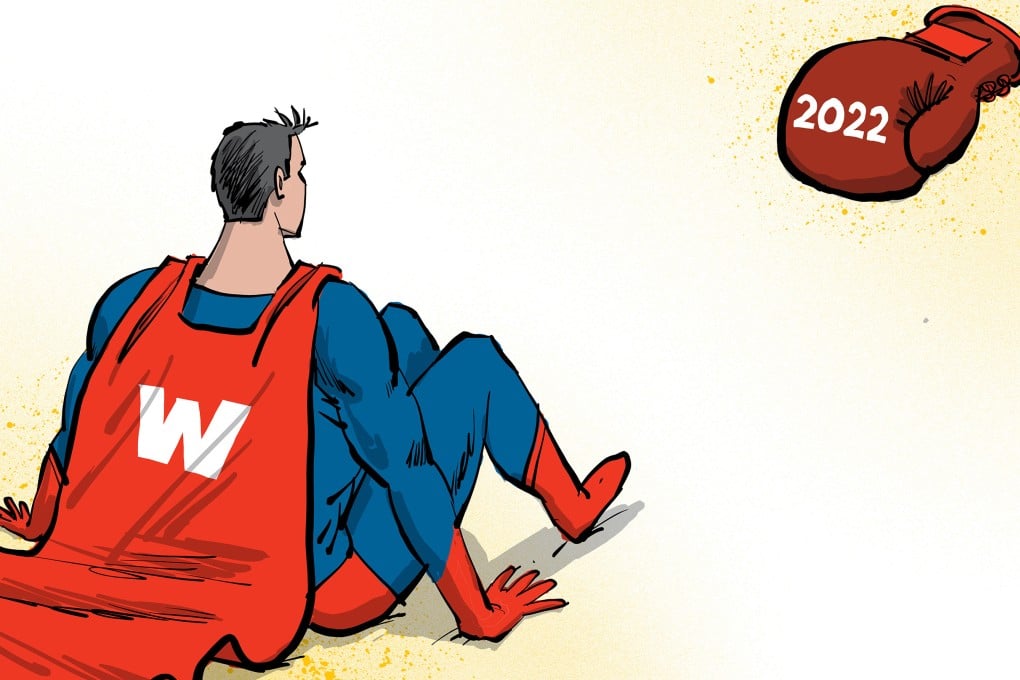Advertisement
Opinion | Beyond China, as more nations reject the US-led order, 2022 will go down as the year of ‘de-Westernisation’
- From China’s socialist path to Latin America’s left turn and Asean’s neutral stance, more countries are quietly but firmly spurning the Western world order
- Instead, they seek to favour national interests, a more democratic form of international politics and mutual respect
Reading Time:3 minutes
Why you can trust SCMP
24

The global significance of 2022 has been grossly underestimated. Its importance to world history far exceeds that of 2001, when the September 11 attacks occurred, and 2008, when the global financial crisis broke out.
Instead, 2022 may be comparable to 1991, when the Cold War ended. If there’s a keyword, it’s “de-Westernisation”.
This is not just about Russia’s radical attempt, through the use of military power, to try to break the US-dominated international order. It is also about the unprecedented rising up of non-Western countries against the established order in search of a more independent stance.
China, after the successful convening of its 20th Communist Party congress and despite the challenges of Covid-19 and an economic downturn, continues to move steadily towards its goal of a becoming a modern socialist power by 2050.
In Brazil, the re-election of Luiz Inacio Lula da Silva as president means that 80 per cent of Latin America is now under left-wing governments – in recent years, Mexico, Argentina, Peru, Chile, Honduras, Colombia and others have also chosen leaders on the left. They advocate keeping a distance from the United States and promoting greater Latin American independence and integration.
In Southeast Asia, which hosted the Asean, G20 and Apec summit meetings recently, the Association of Southeast Asian Nations has carefully kept the same distance from China as from the US, strengthening its neutral position through regional solidarity and economic vitality.
Advertisement
